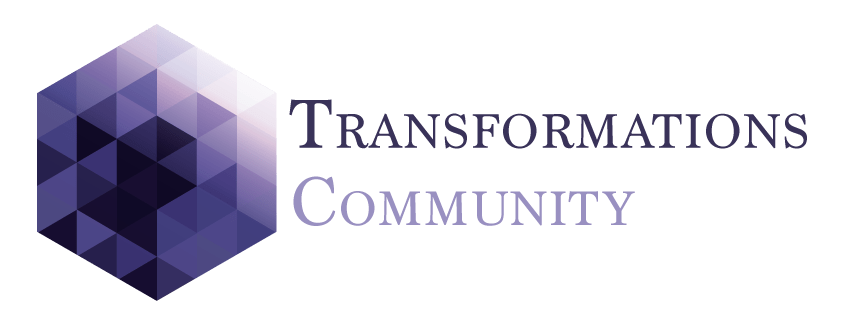Details on T2021 Transformations Streams
Stream 1. Transformative arts and culture
Historically, the arts have been central in transformations of perception, sensibilities and have been central in creating the cultural conditions upon which societal transformations towards sustainability may be possible. Contributions to this stream relate to the role of arts, media not only as a means of communication but also as a process of discovery and insight into the possibilities of transformative trajectories. The stream invites artworks, performances, exhibits that can be presented virtually as well as theoretical studies, arts-based research practices, critical perspectives, case-studies on art/science/policy interactions, assessments of collaborations between the arts, media, digital culture, creative industries.
Stream 2. Transformative economies and organizations
Central to the post-pandemic world is how to open up pathways through transformative economies as the economic fall-out from global pandemic exacerbates global trends of extreme poverty. To address this challenge, contributions to this stream will address practical examples of reconfiguring and possibly disrupting the corporate economy, including financial systems, in equitable, sustainable and democratic ways. Here we encourage sharing examples of transformative organizations, new SMEs models and ‘Sustainability-Oriented Hybrid Organizations (SOHOs)’ promoting positive transformations in local and regional economies through sustainable, fair and low-carbon distribution channels. We particular look for practical insights from green businesses, community social enterprises and other not-for-profit organizations showing the practical transformative effects of new economic agent narratives and the role of enabling environments local economic arrangements in their development. Of special interest will be examples of win-win, restorative and regenerative economy interventions, and inclusive and alternative economic innovations such as time-banking and the democratization of financial systems through crypto and community currencies.
Stream 3. Transformative science, engagement and governance practices
Here we will explore the role of transformative knowledge in supporting new forms of activism addressing key social-ecological challenges including gender, race and other converging inequalities. We will also review the latest science, methodologies and policy developments in the design and implementation of transformative pathways. Examples will be welcome of positive transformations linking changes individual mindsets and behaviors with larger systems of practice. Insights showing how to identify positive tipping points in social, community and individual development and behavior trajectories and the potential and limitations of possible tipping interventions will be of particular interest in this domain. Transformative governance opportunities will be examined taken into account the COVID-19 situation, including the role of alternative ethics and world views, including those which consider alternative cosmologies or non-anthropocentric and non-Western world views.
Stream 4. Enabling positive tipping points in socio-climate, energy, water and life-support coupled systems
Here contributions will be exploring the narratives, required capacities and conditions for socio-economic, political and psychological positive transformations, or tipping points, leading to sustainability transitions in the domains of climate, energy, biodiversity, water and life-support systems in different regions of the world, including urban and industrial contexts. Special attention will be paid to examples of innovative cross-scale multiplicative solutions and inclusive strategies linking multiple domains of action (e.g. nexuses), their quantitative (e.g. modeling) assessment and in particular to transformations in coal and carbon intensive regions towards clean energy and low carbon development trajectories.
